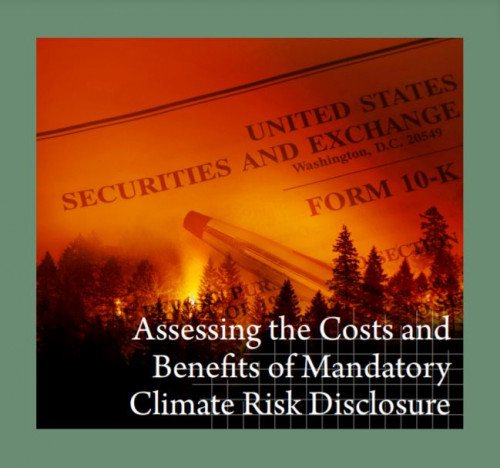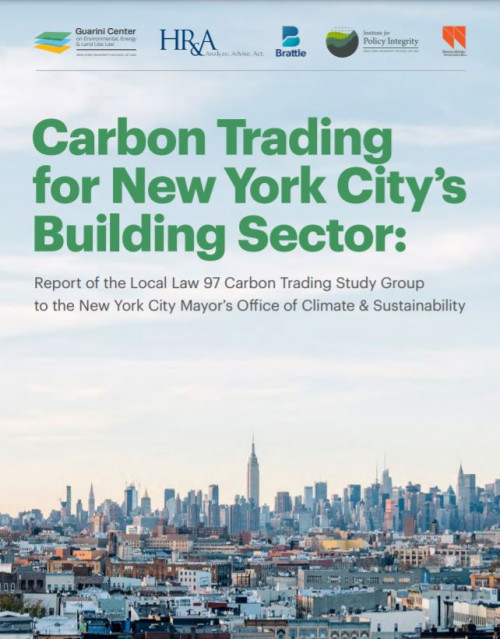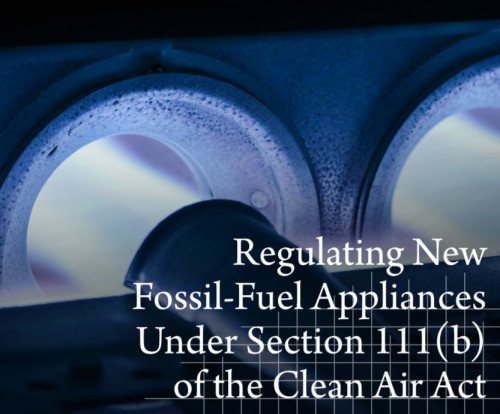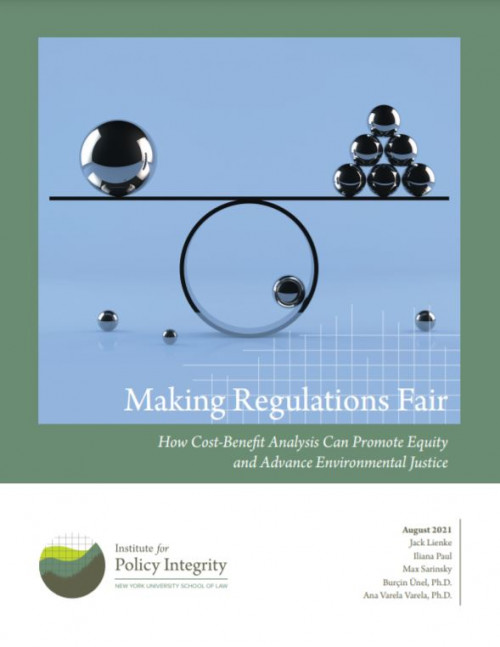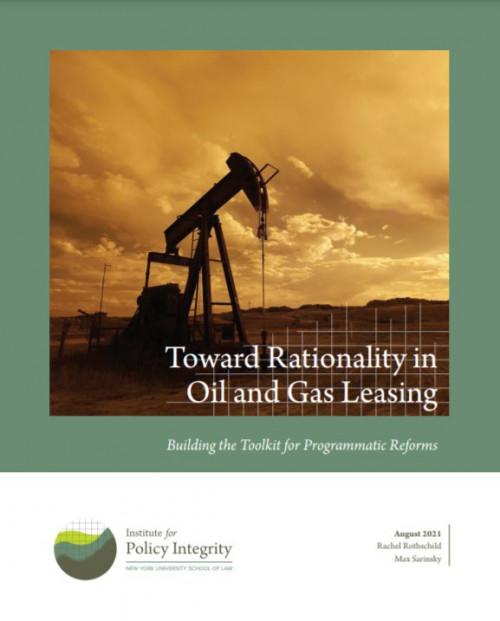-
Assessing the Costs and Benefits of Mandatory Climate Risk Disclosure
Climate impacts are already threatening major economic sectors in novel ways and could cost the global economy trillions of dollars annually by 2100. Yet despite their serious implications, climate-related financial risks are under-disclosed by companies and are rarely reported in a way that is useful for investors.
As the Securities and Exchange Commission (SEC) prepares a new climate risk disclosure rule, this report analyzes relevant case law and highlights best practices that the SEC can follow in estimating the rule’s economic impacts. With trade groups expected to challenge any new disclosure requirement by claiming that its costs exceed its benefits, defending the rule’s economic analysis will be crucial in court.
-
Carbon Trading for New York City’s Building Sector
Report of the Local Law 97 Carbon Trading Study Group to the New York City Mayor’s Office of Climate & Sustainability
NYU researchers assessed whether New York City should adopt a carbon trading program for its buildings pursuant to its landmark climate law, Local Law 97 of 2019. The study offered two proposals for trading programs, both of which would benefit the City as a whole, and environmental justice communities in particular, and found that both proposals would lead to deeper GHG reductions and lower the cost of complying with LL97.
-
Regulating New Fossil-Fuel Appliances Under Section 111(b) of the Clean Air Act
This report finds that EPA has authority under Section 111(b) of the Clean Air Act to set nationwide performance standards for new residential and commercial fossil-fuel appliances and that multiple means of reducing emissions from such appliances are adequately demonstrated, including the use of electric-heat-pump technology.
-
Making Regulations Fair
How Cost-Benefit Analysis Can Promote Equity and Advance Environmental Justice
To achieve the Biden administration’s ambitious commitments to equity and environmental justice, agencies will need guidance on how to assess and weigh the distributional effects of policy options. This report recommends steps that the Office of Management and Budget (OMB) can take to mainstream equity into agencies’ decisionmaking.
-
Toward Rationality in Oil and Gas Leasing
Building the Toolkit for Programmatic Reforms
Leasing public lands and waters for fossil-fuel extraction drives a quarter of U.S. carbon dioxide emissions. Our new report offers analytic tools for federal leasing decisions to drive policies that maximize economic and environmental welfare—nationally and locally.
Viewing all publications in Research Reports

